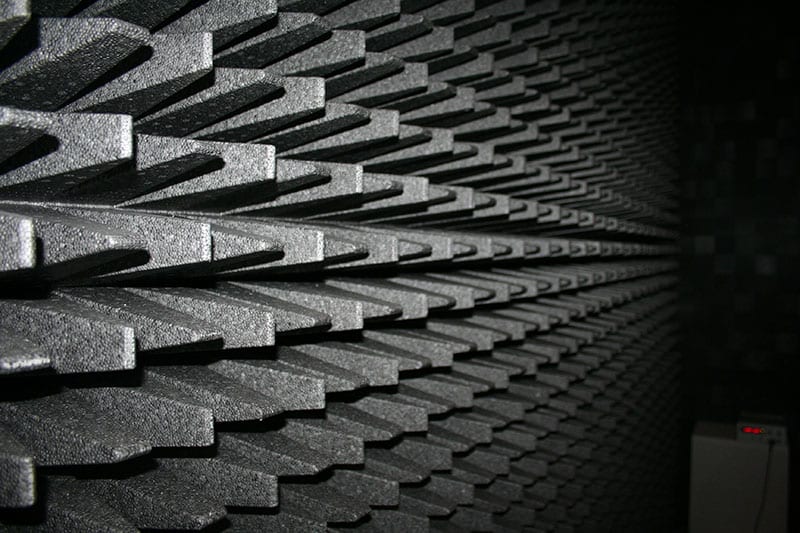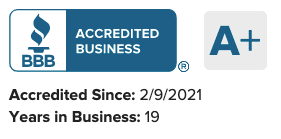
Jun 22, 2022 | Uncategorized
Need help complying with FCC regulations? Schedule a free consultation with our team to discuss FCC testing and achieving compliance for your product, or call us on 866-540-5287 to talk to our compliance experts right away. Contact Us Get Free Answers to Your FCC...

May 25, 2022 | Uncategorized
Need help complying with FCC regulations? Schedule a free consultation with our team to discuss FCC testing and achieving compliance for your product, or call us on 866-540-5287 to talk to our compliance experts right away. Contact Us Get Free Answers to Your FCC...
May 12, 2022 | Uncategorized
Get Free Help From Our Engineers With FCC Part 90 Compliance Need help complying with FCC Part 90? We work with businesses and individuals across the country, including in , to achieve compliance with Part 90 and other FCC regulations. Click the “Talk to Our...

Apr 21, 2022 | Uncategorized
Need help complying with FCC or other regulations? Schedule a free consultation with our team to discuss testing and achieving compliance for your product, or call us on 866-540-5287 to talk to our compliance experts right away. Contact Us It’s no secret that...







